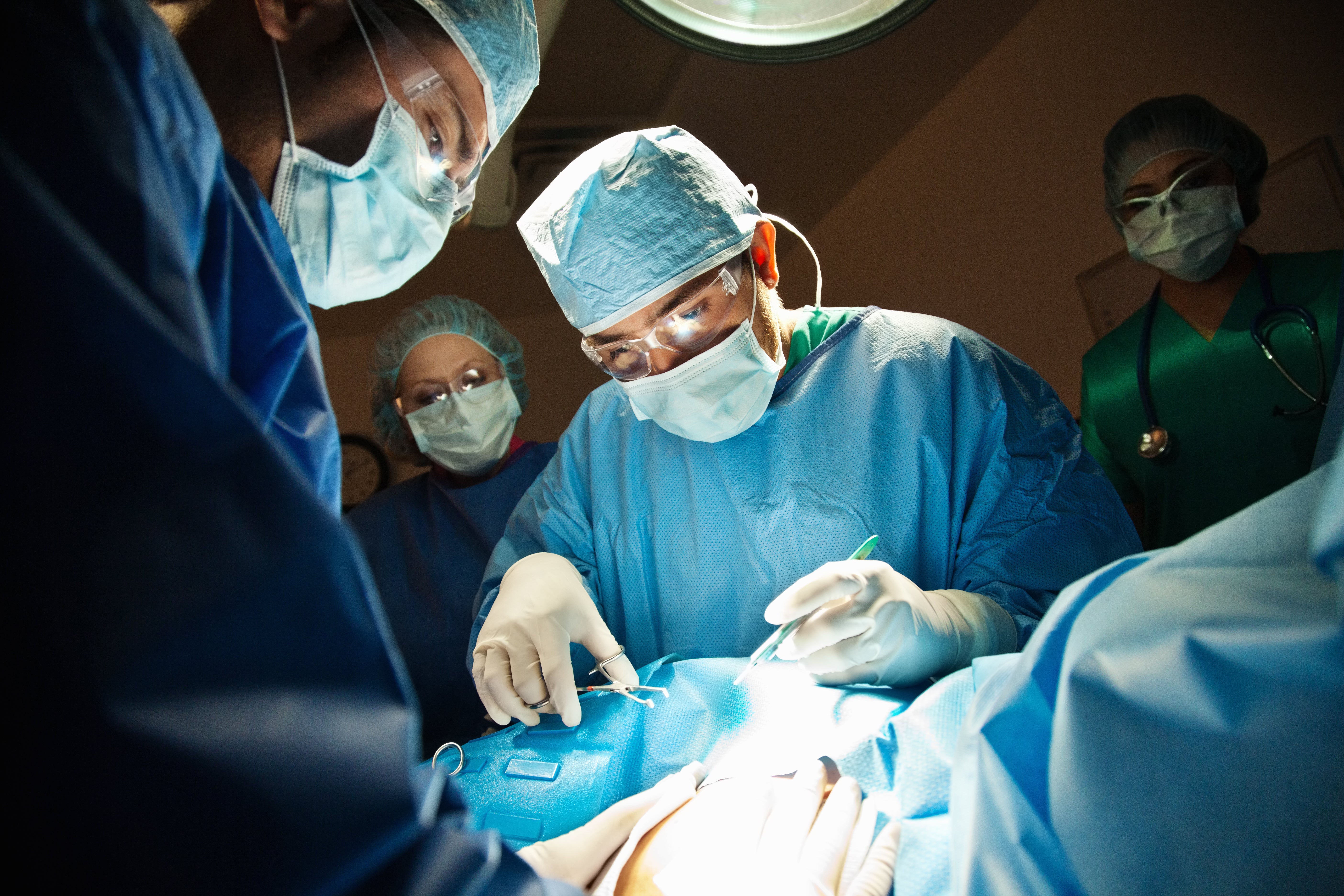Thousands more patients pay for private hospital surgery
Exclusive: Self-paying patients make up a third of private hospital activity for the first time

Your support helps us to tell the story
From reproductive rights to climate change to Big Tech, The Independent is on the ground when the story is developing. Whether it's investigating the financials of Elon Musk's pro-Trump PAC or producing our latest documentary, 'The A Word', which shines a light on the American women fighting for reproductive rights, we know how important it is to parse out the facts from the messaging.
At such a critical moment in US history, we need reporters on the ground. Your donation allows us to keep sending journalists to speak to both sides of the story.
The Independent is trusted by Americans across the entire political spectrum. And unlike many other quality news outlets, we choose not to lock Americans out of our reporting and analysis with paywalls. We believe quality journalism should be available to everyone, paid for by those who can afford it.
Your support makes all the difference.Thousands more patients are paying to have surgery privately as NHS waiting lists continue growing, new data reveals.
There has been a 30 per cent increase in patients self-funding their operations in private hospitals between April and June this year when compared with the same months in 2019.
Figures from the Private Healthcare Information Network (PHIN), which collects data on private hospital activity for the public, show 65,000 people paid for their treatment privately during the three-month period.
Procedures such as cataract surgery and hip replacements are now more commonly self-funded than paid for through insurance.
For the first half of 2021, self-funded patients made up a third of all the private hospital admissions for the first time.
The increases come as NHS waiting lists have hit record levels with a total of 5.7 million people now waiting for routine procedures on the NHS.
A new YouGov poll commissioned by PHIN found one in five people say they are now more likely to opt for private healthcare after the pandemic because of concerns about the length of NHS waiting lists.
For hip replacements, 2,200 people paid for their procedure through insurance between April to June 2019, while 1,700 self-paying. That split has now completely reversed with 4,700 people using their own money to have a hip replaced compared with 2,500 using insurance.
For cataract surgery, 8,100 people paid with their own money in the three months during 2019 but this has now increased to 11,400.
PHIN, which was established in the wake of a Competition and Markets Authority investigation into a lack of transparent data in private hospital care, warned the public to carry out thorough research before spending their own money.
It said patients should ask for details of “package prices” and use its website to check consultant fees and the activity in hospitals they are considering.
PHIN chief executive Matt James told The Independent it was not possible to know if the increase in self-paying private patients was being driven by NHS patients choosing to go private but added: “It seems likely that some patients are using private healthcare for the first time, notably for common procedures including primary hip and knee replacements and cataract surgery. Private activity for these procedures is increasingly paid for directly rather than using insurance.
“That said, around a quarter of a million private procedures were lost during the pandemic, so there is also some catching up to do for patients waiting for private treatment.
“Our poll with YouGov does indicates that more people are willing to use private services than before the pandemic, and in large part that seems driven by rising NHS waiting lists. With the rise in self-pay it could be that we are seeing new people accessing private healthcare for elective treatments.”
He added the number of patients treated by private healthcare was relatively small. In 2019 there were 10.1 million elective procedures in the NHS compared to around 750,000 private procedures.
Mr James said: “Even a relatively modest shift from the NHS would look significant in the private sector given its relative size. The data we have so far does not show that for most procedures, although there is some evidence that it may be happening in some of the most common and high-profile elective procedures such as hip and knee replacements and cataract surgery.”
A YouGov poll for PHIN found 22 per cent of people said the pandemic had made them more likely to use a private hospital with seven out of 10 people raising concerns about NHS waiting times as a reason why they would consider going private.
Mr James added: “With hundreds of thousands of NHS and private elective operations lost in 2020 due to the pandemic, and waiting lists consistently in the news, it is perhaps unsurprising to see people considering self-funding private treatment even if they had not done so previously.
“We would say to all those thinking about this route to make sure they are fully informed so they make the choices that are correct for them and to avoid surprises.
“It’s important to ask the right questions about costs as well as the performance of the consultant and hospital facilities. Our website can help people research their private healthcare options, helping them navigate a sometimes confusing system, particularly those self-paying.”
Join our commenting forum
Join thought-provoking conversations, follow other Independent readers and see their replies
Comments